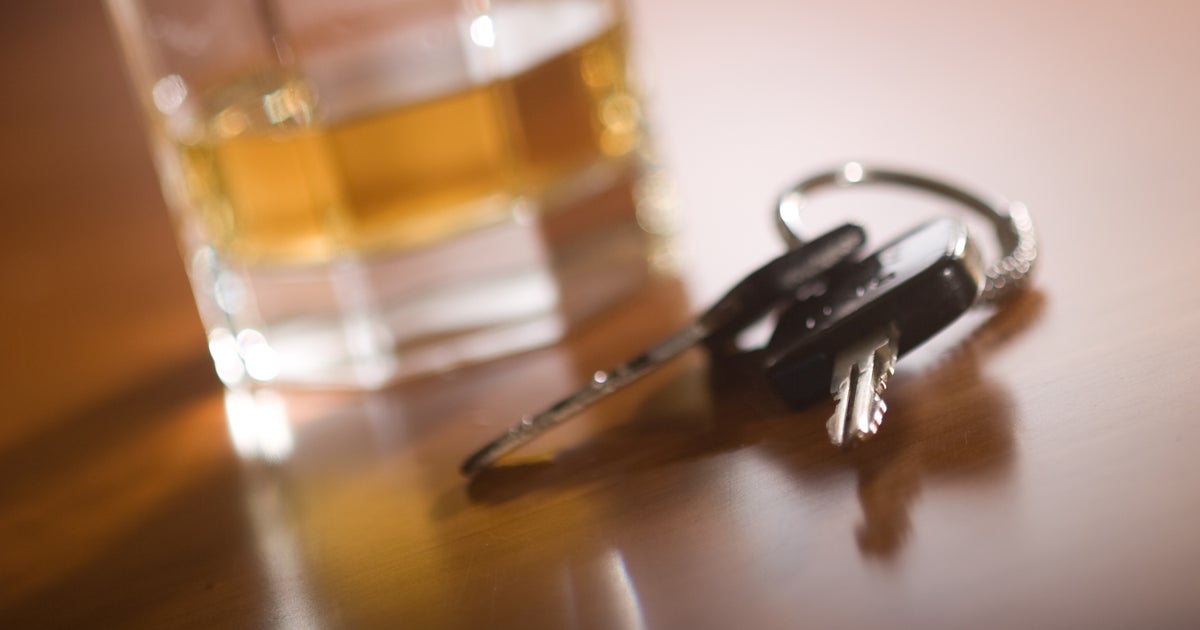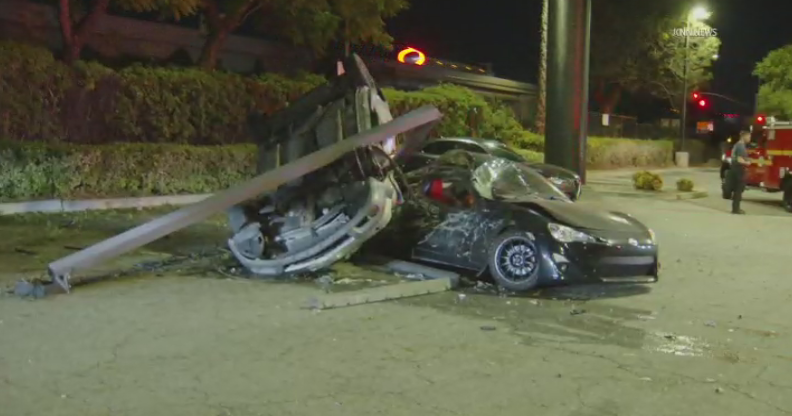When It Comes To Testing Pot Behind The Wheel, Science And Laws Are Lacking
SACRAMENTO (CBS13) — There is a hazy area of California law when it comes to driving while marijuana is in your system.
There are no legal limits or technological advances that can determine if someone's marijuana use has impacted their driving ability.
"We want to remove anyone who's impaired by any substance from the roadways to keep California safe," said Sgt. Glen Glaser, the state coordinator of the drug recognition evaluator program with the California Highway Patrol.
They're looking for people on alcohol, pain pills, and marijuana.
"One driver being arrested does have an impact," said Glaser.
While marijuana is legal for recreational and medical use; it's still against the law to get behind the wheel when impaired by the drug. But what does "impairment" mean? It depends on who you ask.
"Cannabis impairs everyone differently," said Glaser.
Right now, the only way police can tell if you're a bit hazy is through observations and field testing by Drug Recognition Evaluators.
Drivers are run through a number of field sobriety tests, however, not many tests indicate marijuana impairment. Only eye convergence and dilated pupils point to marijuana impairment.
"We really have to look for things like bad driving or really bad field sobriety tests to show the level of impairment necessary for conviction," said Rod Norgaard with the Sacramento County District Attorney's office.
He says winning over a judge or jury is a huge challenge.
"That's the bottom line with our legal system. We have to prove that impairment," said Norgaard.
There is no research that shows a standard amount of THC that equals impairment like .08 BAC does for alcohol.
Impairment levels can differ based on a person's weight and frequency of use. Cannabis can also stay in your system without impairing your abilities for days or weeks.
"It's great for defense attorney's actually because the gray area is where we live," said Defense Attorney Allen Sawyer.
Sawyer says prosecutors are at a disadvantage because of a lack of information.
"Science has not figured out a way to accurately determine if someone is impaired based on marijuana," said Sawyer.
Which means a conviction is left to the observations of highly trained officers, which Sawyer says aren't reliable.
"Flawed, inaccurate, and sometimes subject to bias," said Sawyer.
Other states do have laws that set a numerical value to impairment. In Colorado, the legal limit is 5 nanograms of THC per milliliter of blood.







